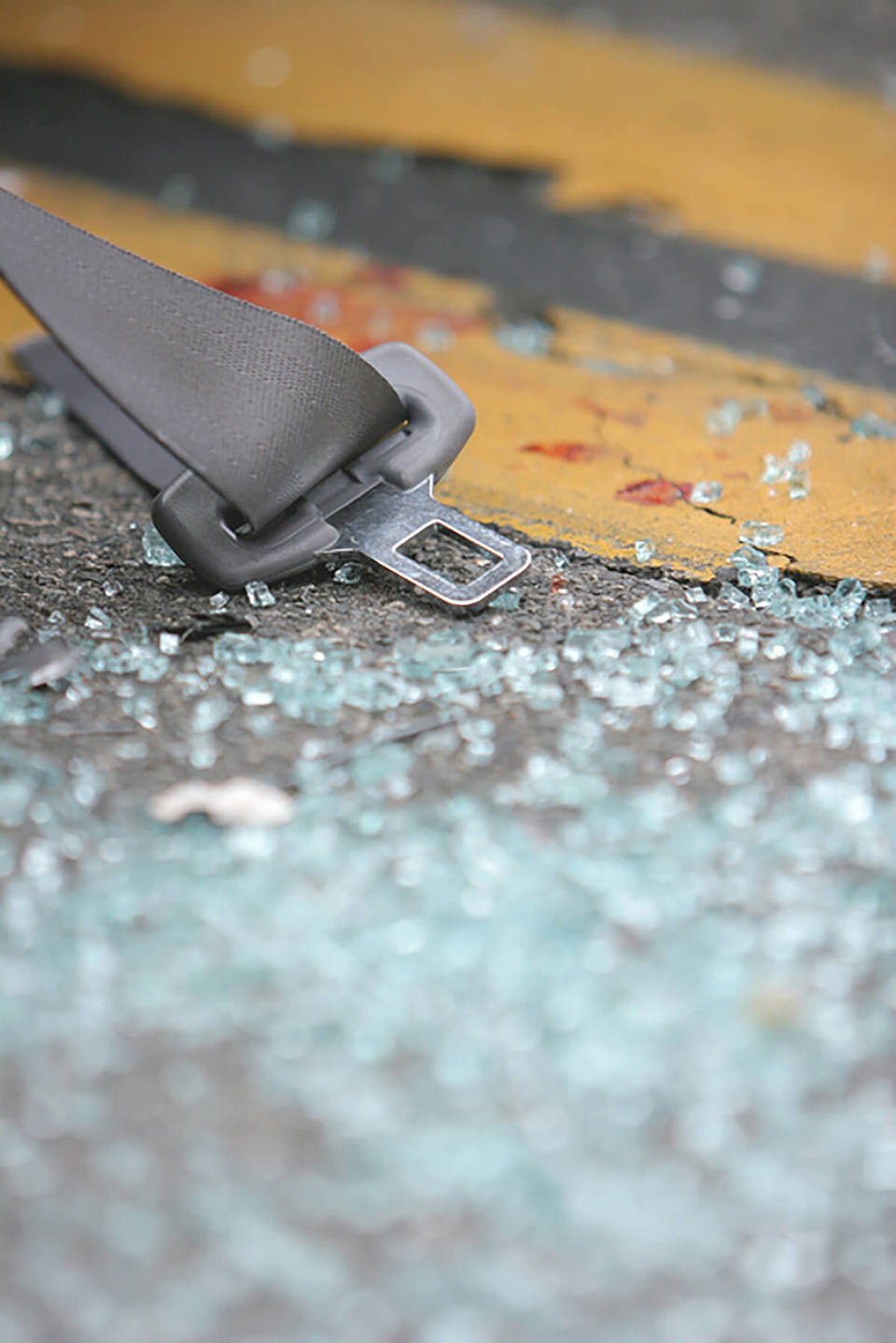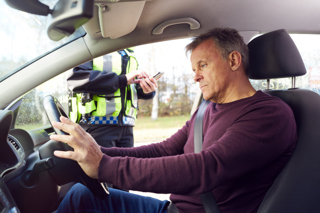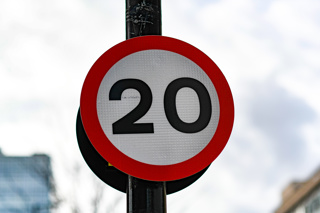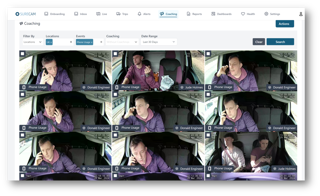Drink-driving in the UK remains one of the biggest killers on our roads despite a shift in attitudes over the past 20 years.
Statistics released by the Department for Transport (DfT) last month show that alcohol was a factor in 15% of all road deaths in 2011, and that deaths and injuries resulting from drink-driving increased between 2010 and 2011.
Overall, 280 people were killed in drink-drive crashes in 2011, compared to 250 people in 2010, an increase of 12%.
Drug-driving is also a widespread menace, about which we know a lot less. However, one in nine young drivers own up to this behaviour, according to research from Brake and Direct Line.
As a result, Brake is calling for zero tolerance on drink and drug-driving from employers, the public and Government. We’re calling on drivers to pledge never to drink or take drugs and drive – not a drop, not a drag – because even small amounts of either affect your ability to drive safely.
The legal drink-drive limit in England and Wales is currently the highest in Europe at 80mg per 100ml of blood. While it’s positive that devolved Governments are lowering legal drink-drive limits, to 50mg in both Scotland and Northern Ireland for most drivers, this still sends out a confusing message.
Research shows that even a tiny amount of alcohol in a driver’s system impairs their ability to drive safely. A limit of 20mg or less would send out a clearer message, that it should be ‘none for the road’.
Driving after just one drink, or in the morning after a night’s drinking, presents a risk, whether the driver is over the legal limit or not. Tests on drivers who have died have shown one in three of them to have some alcohol in their system – a third of these are under the legal limit, research from TRL has shown.
Blood alcohol levels below current UK legal limits affect brake reaction time, speed, lane-keeping, and increase risk taking and impulsive behaviour, according to Dr Mark Young, at the Human-Centred Design Institute, Brunel University.
And alcohol is just one substance that impairs driving ability. Driving on illegal drugs is also a huge risk on our roads. In the UK, TRL says that around 18% of people killed in road crashes have traces of illegal drugs in their blood.
In May, Brake welcomed the Government’s announcement of plans to introduce a new law making it illegal to drive with drugs in your system. Roadside drugs screening devices are expected to receive Home Office approval by the end of the year.
So the law is moving in the right, life-saving direction on these issues. But fleets can and should take a lead.
A Brake survey of more than 4,000 drivers – more than 2,500 of which drive for work – showed that while 14% of at-work drivers have drunk three or more units of alcohol before driving this is true of only 6% of drivers who don’t drive for work.
A third of at-work drivers (33%) admitted driving first thing after having drunk a lot of alcohol the night before compared to a fifth of other drivers (21%).
Only by adopting a zero tolerance approach to drink and drug driving now, can employers be sure they are doing all they can to address the very real risks posed. A recent survey of fleet managers showed that more than half of fleets do not test their drivers for drugs and alcohol.
Testing is a simple way to show your drivers that your organisation is serious about not driving impaired by alcohol or drugs. Provided that testing is introduced and communicated to staff appropriately, with the right messages about the reasons for doing it – the safety of them as drivers and of other road users – drivers with nothing to hide should not be concerned.
Brake is running a one-day seminar for fleet and road safety professionals on Zero Tolerance: tackling drink and drug driving, on September 25, in Birmingham. Academics and practitioners will discuss latest research and advice on best practice approaches to dealing with the issues.
Prices start at £96 +VAT for Brake subscribers and £116+VAT for non-subscribers to attend. Contact Brake on 01484 559909 or email admin@brake.org.uk, or register online at www.fleetsafetyforum.org/events.
By Roslyn Cumming, development manager, Brake





















mike - 07/09/2012 21:57
you say that alcohol is a factor found in 15% of all road deaths. Is this percentage drivers that have been drinking ? Or does it include pedestrain fatalities where they have been found to have consumed alcohol?